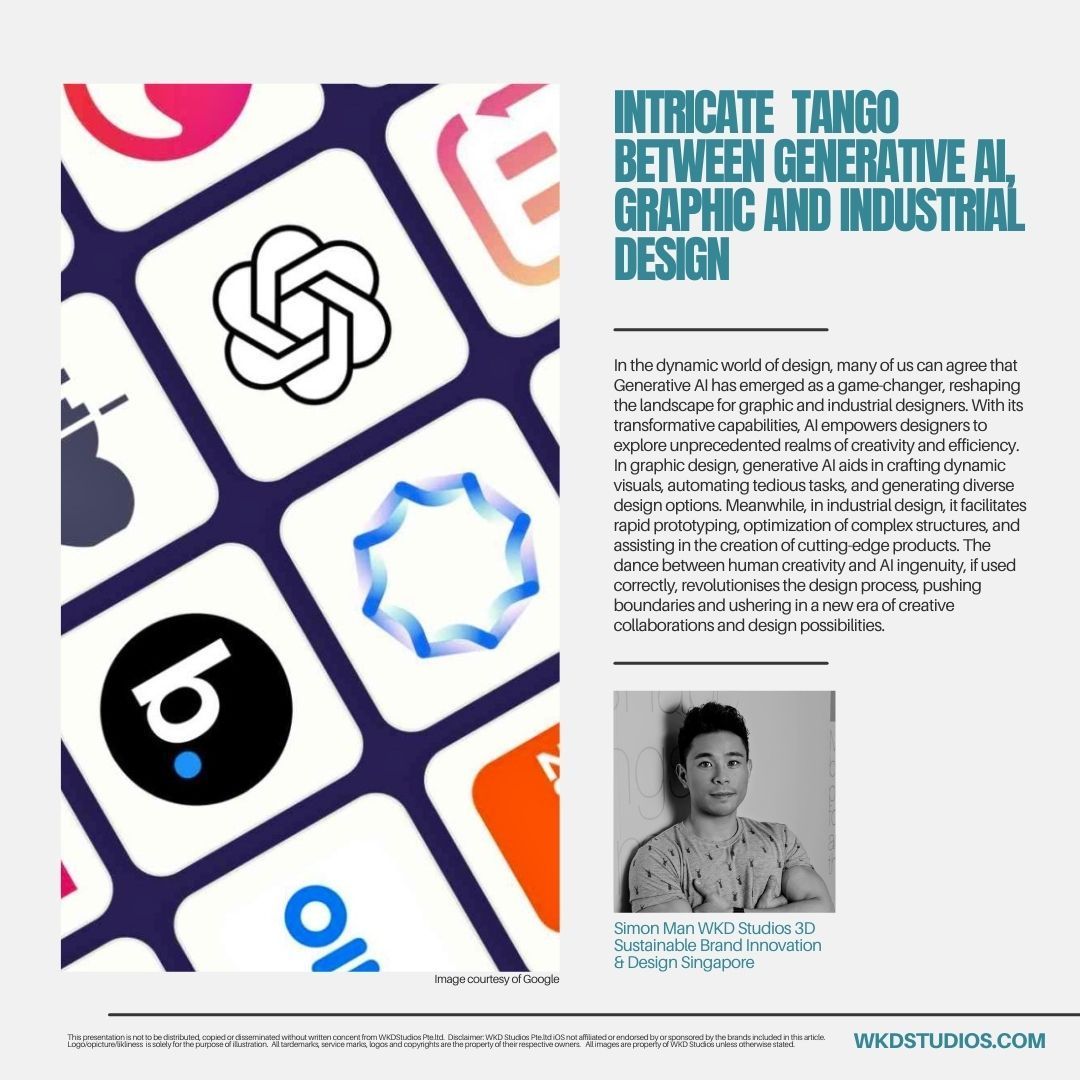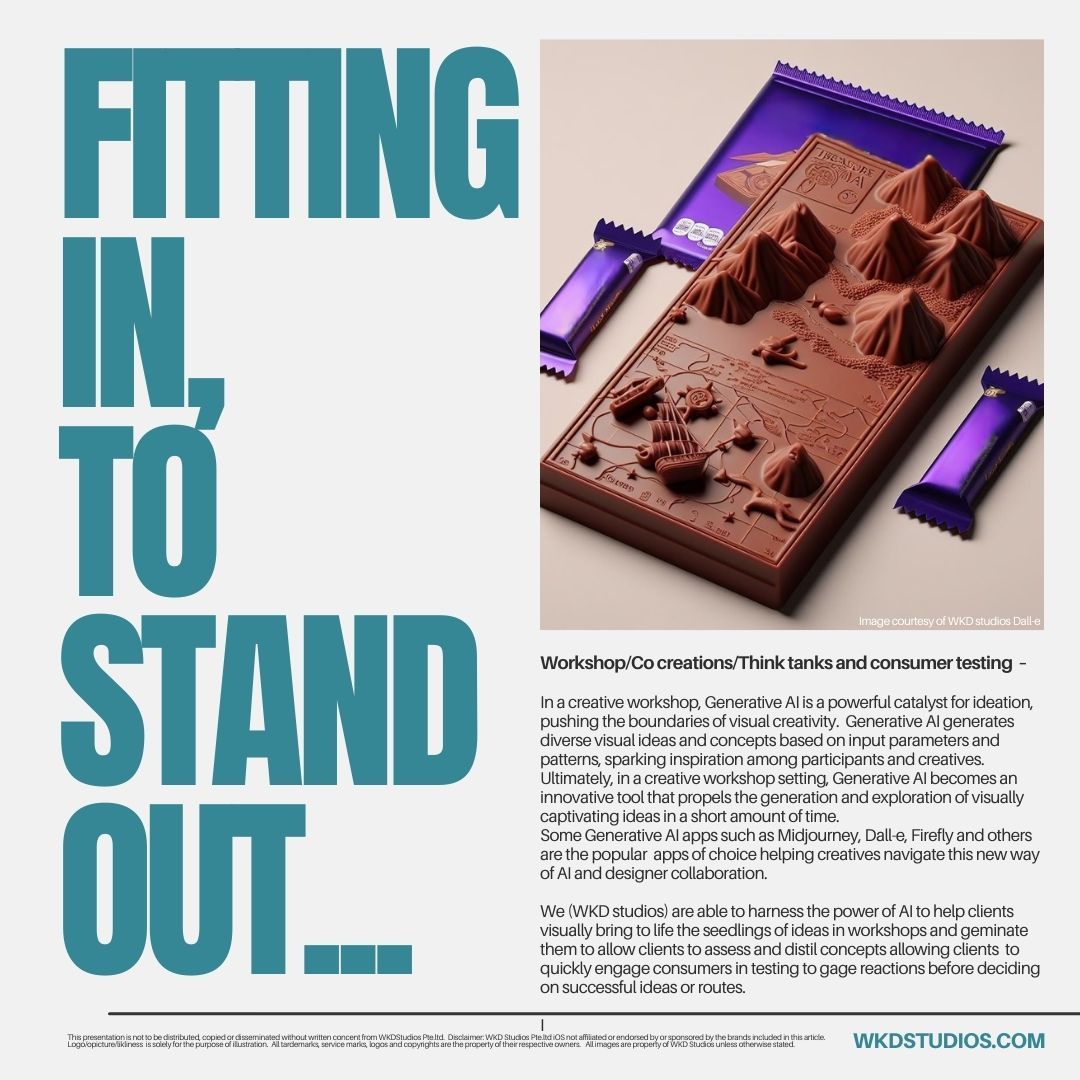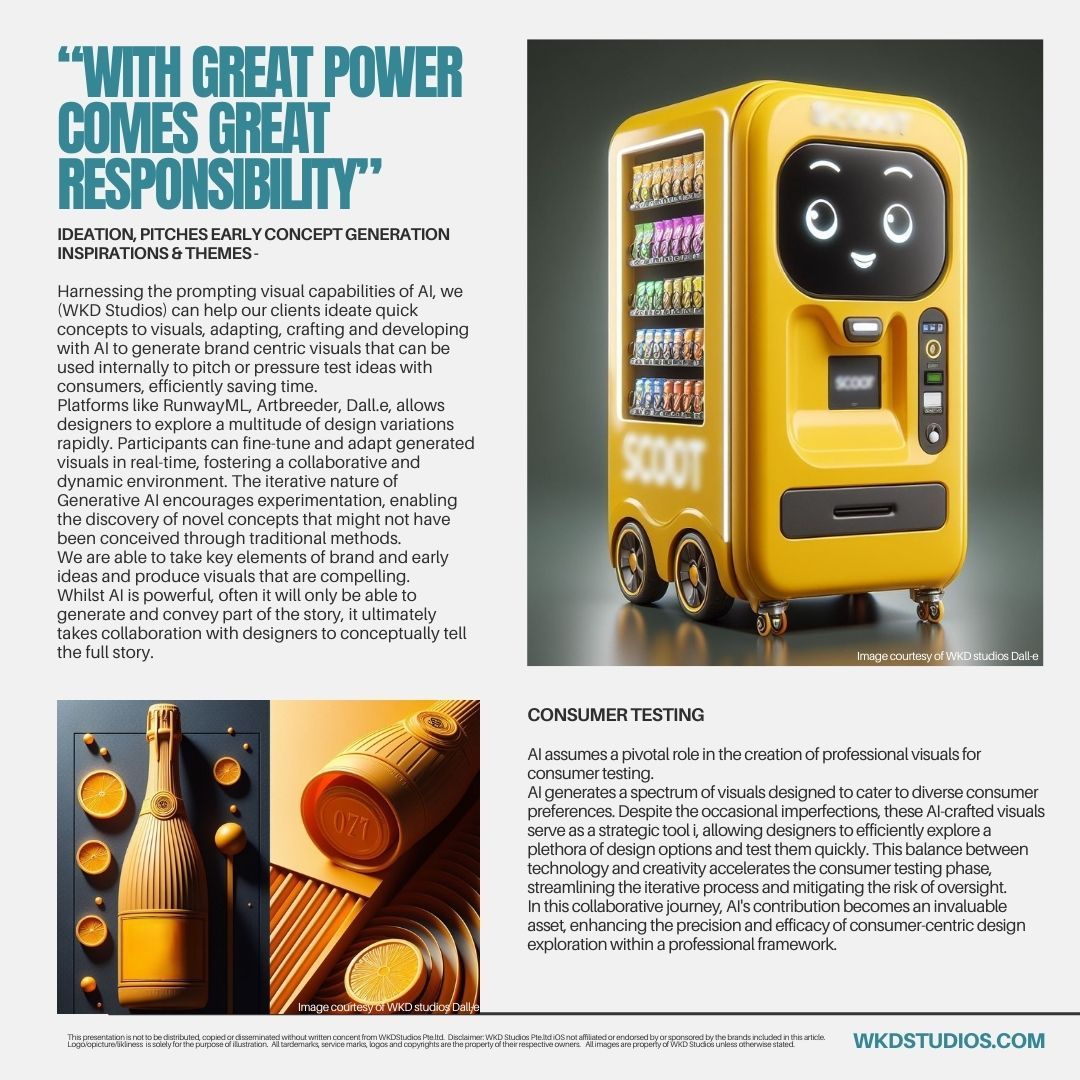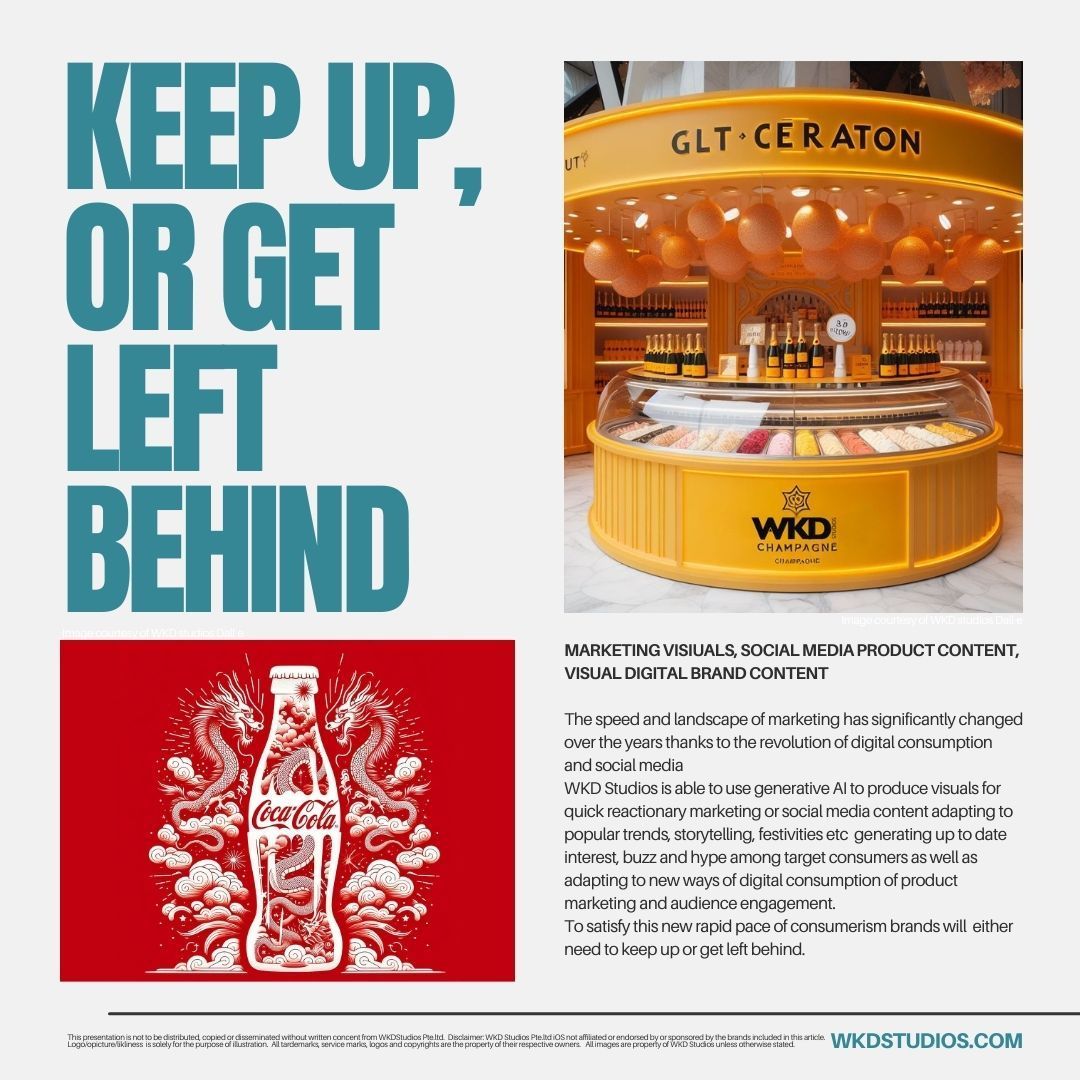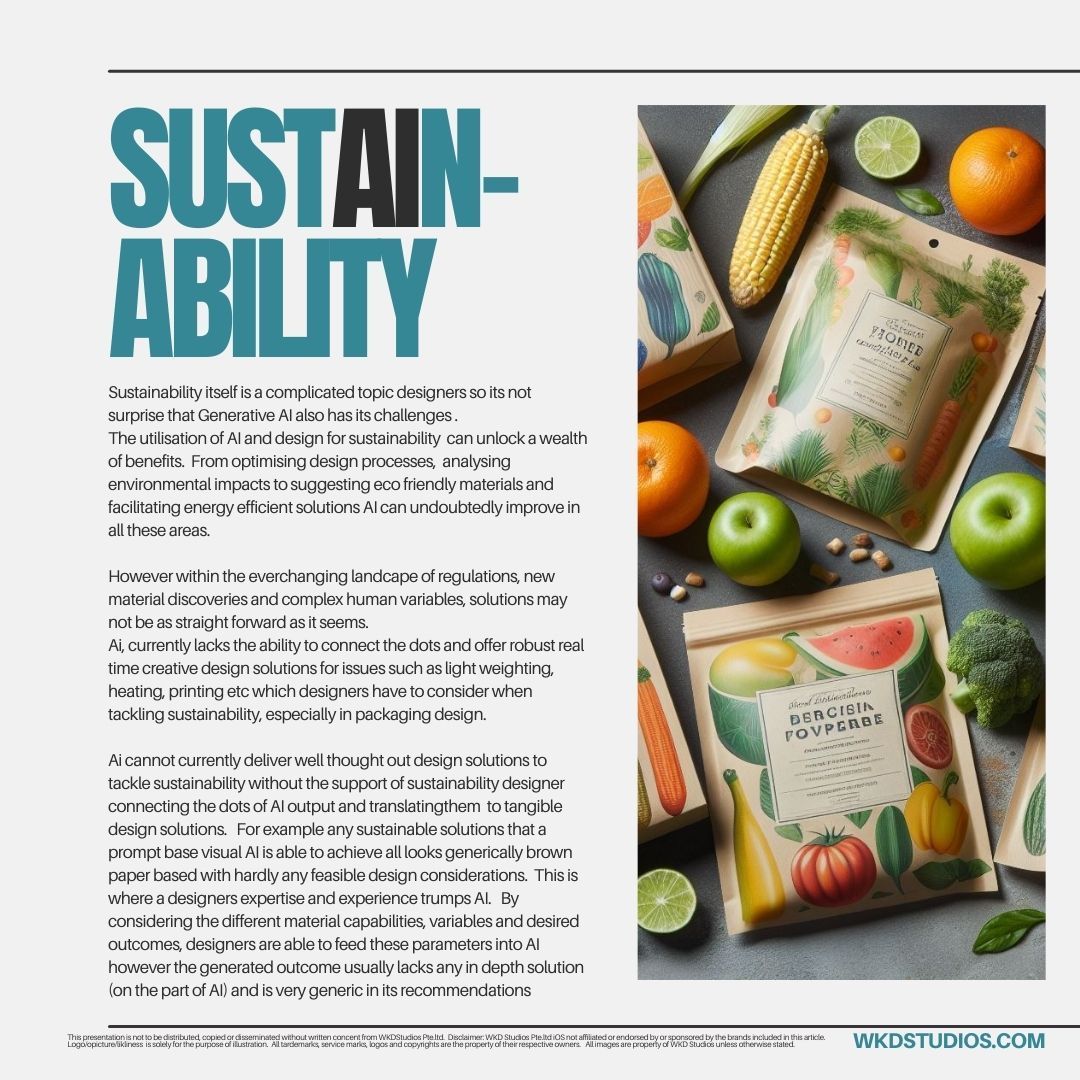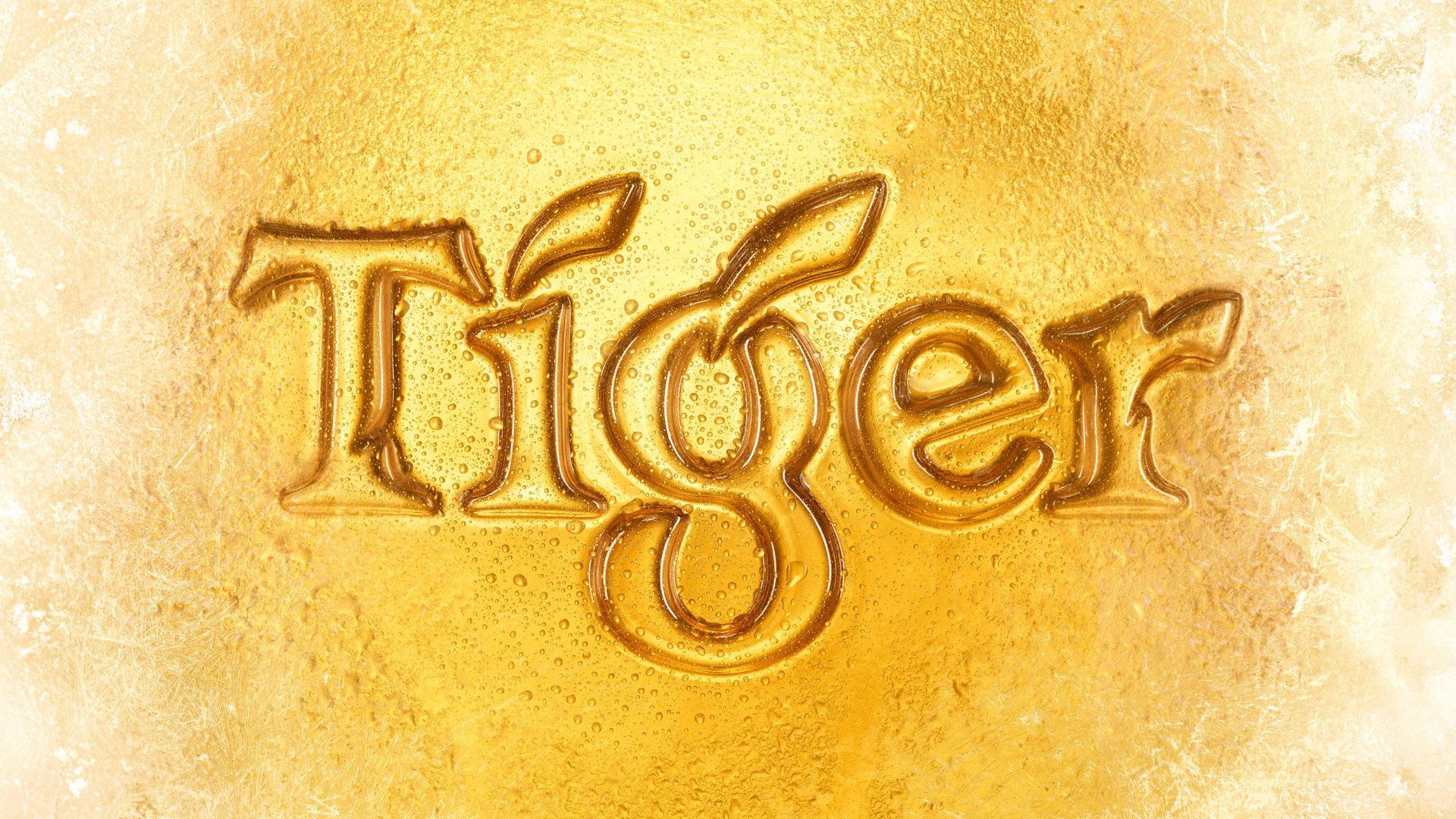Rage Against The Machines or a Dance between Designer & AI
Simon Man • February 2, 2024
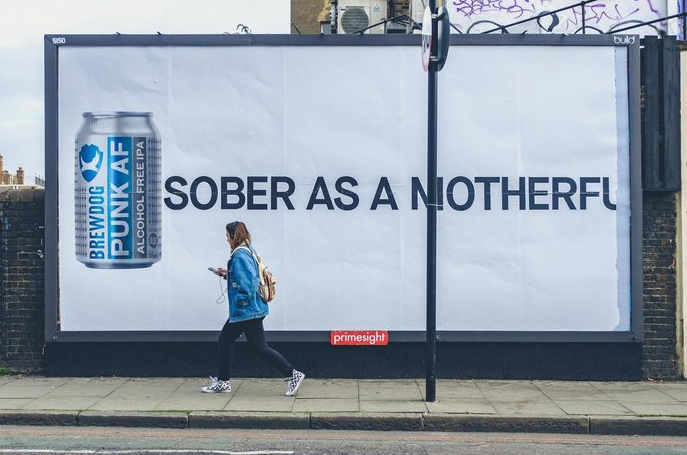
If you live in UK or Europe, the term Dry January would sound very familiar. Recovering after a boozy Christmas and New Year’s, this is the time of year that people swear on a healthier lifestyle. Health trends are nothing new, they come and they go. More recently consumers seem to be more in tune with health and in doing so, new trends and products appear to emerge. There are more plant based brands out there than ever before and plat based protein is becoming ever more prevalent as people seek out plant based substitutes for meat as an ethical and health alternative. There has also been a uptrend of fermented and probiotic rich foods as newer superfoods make appearances. These food trends seems to be gaining momentum in 2020, even during Covid-19, we see the exercise equipment market boom as in-home workouts became the norm and outdoor running became an escape from the monotony of being house bound retaining some sort of freedom. People are now becoming increasing aware of their fitness and health & wellbeing. This isn’t an isolated trend and seems to have had a knock on effect on other categories, especially the beverage scene. People are drinking less today than ever before, not out of regulation but out of choice. In 2016 it had been reported that the annual global alcohol consumption market dropped by 1.4% two years running. There many reasons resulting in this decline and for the surging popularity of the low-to-no alcoholic (LNA) beverage industry such as religious or social reasons. The APAC regions growth of LNA can be attributed to increasing consumer awareness combined with the growing demand in majority Muslim regions such as Indonesia and Malaysia. With industrialisation, rising health awareness, shifting consumer ‘moments’ along with large consumer bases in China, India, Thailand, Indonesia and Malaysia, these will further increase market growth.

We have all heard the phrase ‘eat everything on your plate’ and ‘don’t waste food’ as we were kids but never actually understood what the impact were if we didn’t. We all just assumed it was our parents nagging or them asking us to appreciate the amount of energy that went into making the meal. The latter may hold more of a wider meaning beyond personal effort. The world is shining a spotlight on sustainability, eco brands and personal responsibility when it comes to the environment. Consumers are becoming more aware of the impact of what individual lifestyle choices is having on the world around us, partly due to the constant barrage of media information that is directed at us as consumers. Products and brands have become extensions of who we are as people and how we want other people to see us. We cannot run from the constant socials pressures of maintaining a ‘perfect’ public persona, where we are constantly subscribing to ethically conscious products and brands from what we eat to what we wear. During the last 2 decades we have seen this consumer trends grow at an exponential rate and in turn spur innovation. People became more aware of free range, organic to the more in depth documentaries of how cattle farming by far contributes to a big climate change. From deforestation, to the ethical standing of meat consumption, it is now clearly evident that the merging of ethics and sustainability resulting in ‘ethically sustainable’ is the new bar that consumers are holding themselves and brands to, hence boom of vegetarian, vegan, organic and sustainable categories in recent years

In the words of Aladdin it’s “A whole new world" … Unless you have been living in a bubble, you can get away from the two words that everyone dreads, Corona Virus. Some describe 2020 as the lost year however there is a silver lining, it has been the year of self-discovery, changing, change and appreciation. In short it has shown how resilient and adaptable we as human beings can be. This same resilience can be seen through popular brands innovating and adapting to an ever changing consumer landscape as they navigate into a new era of consumer experience and interaction. Health, hygiene and wellness has been catapulted to the forefront of everyone’s mind, where ‘OCD’ behavior has become the norm. With hand sanitizers lurking at A every turn, temperature guns poised and at the ready and social media martyrs ready to record and call out those who are not masked up. One thing is evidently sure, anxiety levels are at an all-time high. To quote Albert Mufarrij: “A friend of mine in Switzerland recently mentioned that he now looks differently at otherwise innocent household objects, like the video games console. He said, “It’s the four plastic controllers which are shared between me, my children, and friends. I guess those things are highly potent when it comes to potential viral transmission.” Products and brands that lead the way to a cleaner and more hygienic future are ultimately the ones that understand, innovate in and around material advancements through ‘societally safe’ product design.


